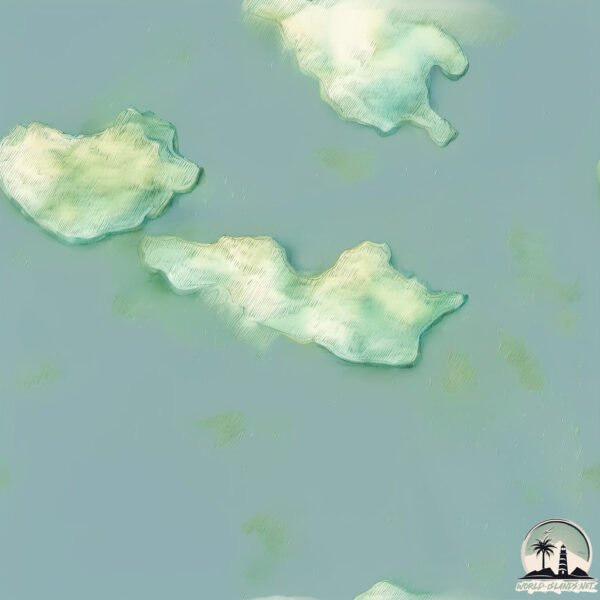Huni Shan

Welcome to Huni Shan, a Temperate island in the Eastern China Sea, part of the majestic Pacific Ocean. This guide offers a comprehensive overview of what makes Huni Shan unique – from its geography and climate to its population, infrastructure, and beyond. Dive into the details:
- Geography and Size: Explore the island’s size and location.
- Climate and Weather: Weather patterns and temperature.
- Topography and Nature: Uncover the natural wonders of the island.
- Infrastructure and Travelling: Insights on reaching, staying, and making the most of your visit.
- News and Headlines: Latest News.
Geography and size of Huni Shan
Size: 1.685 km²
Coastline: 8.6 km
Ocean: Pacific Ocean
Sea: Eastern China Sea
Continent: Asia
Huni Shan is a Small Island spanning 1.7 km² with a coastline of 8.6 km.
Archipel: –
Tectonic Plate: Yangtze – A minor tectonic plate in East Asia, often considered a part of the Eurasian Plate. It’s primarily continental and covers the Yangtze River area in China, playing a significant role in the region’s geological stability.
The geographic heart of the island is pinpointed at these coordinates:
Latitude: 29.79346025 / Longitude: 122.18491896
Climate and weather of Huni Shan
Climate Zone: Temperate
Climate Details: Humid Subtropical Climate
Temperature: Hot Summer
Climate Characteristics: With continuous rainfall and hot summers, this climate is common in some coastal regions, supporting diverse vegetation.
Topography and nature of Huni Shan
Timezone: UTC+08:00
Timezone places: Australia/Perth
Max. Elevation: 11 m
Mean Elevation: 8 m
Vegetation: Sparse Vegetation
Tree Coverage: 92%
The mean elevation is 8 m. The highest elevation on the island reaches approximately 11 meters above sea level. The island is characterized by Plains: Flat, low-lying lands characterized by a maximum elevation of up to 200 meters. On islands, plains are typically coastal lowlands or central flat areas.
Dominating Vegetation: Sparse Vegetation
These regions have limited plant growth, typically due to extreme conditions like aridity or poor soils. Vegetation is scattered and consists of hardy plant species. Huni Shan has a tree cover of 92 %.
Vegetation: 4 vegetation zones – Diverse Island
Four distinct vegetation zones mark these islands as ecologically diverse. They might feature varied landscapes such as forests, beaches, grasslands, and rocky areas. Such diversity reflects the island’s complex ecological interactions and varied habitats, which can support a rich array of wildlife and plant species.
Infrastructure and Travelling to Huni Shan
Does the island have a public airport? no.
There is no public and scheduled airport on Huni Shan. The nearest airport is Zhoushan Putuoshan Airport, located 24 km away.
Does the island have a major port? no.
There are no major ports on Huni Shan. The closest major port is ZHOUSHAN, approximately 24 km away.
The mean population of Huni Shan is 264 per km². Huni Shan is Moderately Inhabited. The island belongs to China.
Continuing your journey, Xiazhidao is the next notable island, situated merely km away.
wild chicken trap



China is classified as Emerging region: BRIC: Brazil, Russia, India, and China – Economies noted for their rapid growth and increasing influence on global affairs. The level of income is Upper middle income.
News – Latest Updates and Headlines from Huni Shan
Stay informed with the most recent news and important headlines from Huni Shan. Here’s a roundup of the latest developments.
Please note: The data used here has been primarily extracted from satellite readings. Deviations from exact values may occur, particularly regarding the height of elevations and population density. Land area and coastline measurements refer to average values at mean high tide.
